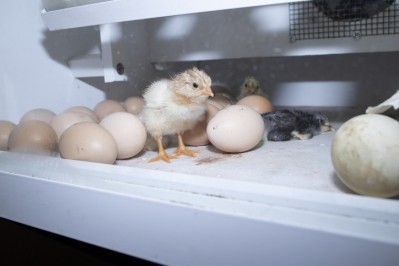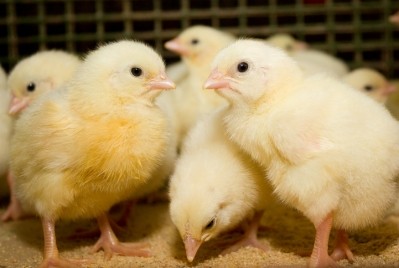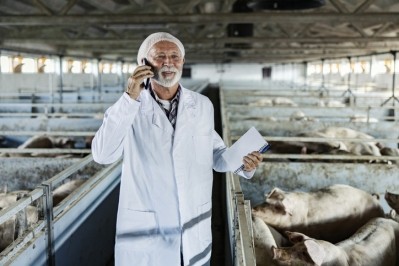Can broiler breeder nutrition influence progeny productivity and resilience?
Dr Elijah Kiarie, assistant professor, University of Guelph, Canada presented at the FeedNavigator Summit 2020: Young Animal Nutrition (YAN20) in Amsterdam in early March. The focus of his talk was transgenerational nutrition.
Commenting on YAN20, Dr Kiarie said:
“One of the things we are learning more about is the critical importance of optimizing animal nutrition approaches at an early stage. We are discovering it truly has a lifelong impact. By maximizing the approaches and advantages with young animals, we set a course for the ultimate success with the end results.
“Knowing this, it’s very encouraging to see the rising opportunities for improvement at this young animal stage. By taking advantage of the latest science-based knowledge and innovations, we are well positioned to help livestock industries make major advances today and in the years ahead."
Protective role of maternal antibodies
He and his team has been exploring the use of nutritional tools in both the broiler and laying sectors, primarily the impact omega-3 fatty acids and yeast metabolites supplementation in the maternal diet can have on the performance of the progeny.
Research on yeast bioactives (YB), a mixture of derivatives from whole yeast subjected to enzymatic hydrolysis, Dr Kiarie and his team carried out was published in Poultry Science in December 2019. He discussed the findings of that work at YAN20.
YB supplementation of broiler breeders (BB) in an Eimeria challenge trial, he said, demonstrated increased concentration of the antibody, Immunoglobulin A (IgA), in hatching eggs, but the researchers saw no impact of the yeast derivatives in the maternal diet on fertility, hatchability and hatchling body weight.
“The protective role of maternal antibodies is of interest due to the precocial nature of chicken (Friedman et al, 2012). These maternal antibodies are provided during the process of egg formation and continue to function in the hatchling until its own immune response can take over ((Friedman et al, 2012).
“We demonstrated that feeding YB to BB increased the level of IgA in the egg yolk indicating that manipulation of breeder diets could be used to enrich hatching eggs with antibodies.”
Although they did not examine intestinal mucosal concentration of IgA in the chicks upon hatching, IgA levels in day old chicks were expected to have increased in concurrence with observed levels in the yolk, said the research group.
As part of that trial, they also fed the yeast bioactives to the chicks themselves - they saw such dietary supplementation improved the jejunal histomorphology of the chicks, independent of Eimeria challenge.
Future investigations in this area should focus on the impact of different doses of yeast bioactives during hatching eggs production cycle and the subsequent impact on progeny growth performance, health, livability, and meat yield. Such data would facilitate recommendations for commercial application, said Dr Kiarie et al.
Source: Poultry Science
DOI: doi: 10.3382/ps/pez479
Title: The effects of feeding yeast bioactives to broiler breeders and/or their offspring on growth performance, gut development, and immune function in broiler chickens challenged with Eimeria
Authors: Z Lu, A Thanabalan, H Leung, R Akbari, Moghaddam Kakhki, R Patterson, and EG Kiarie















